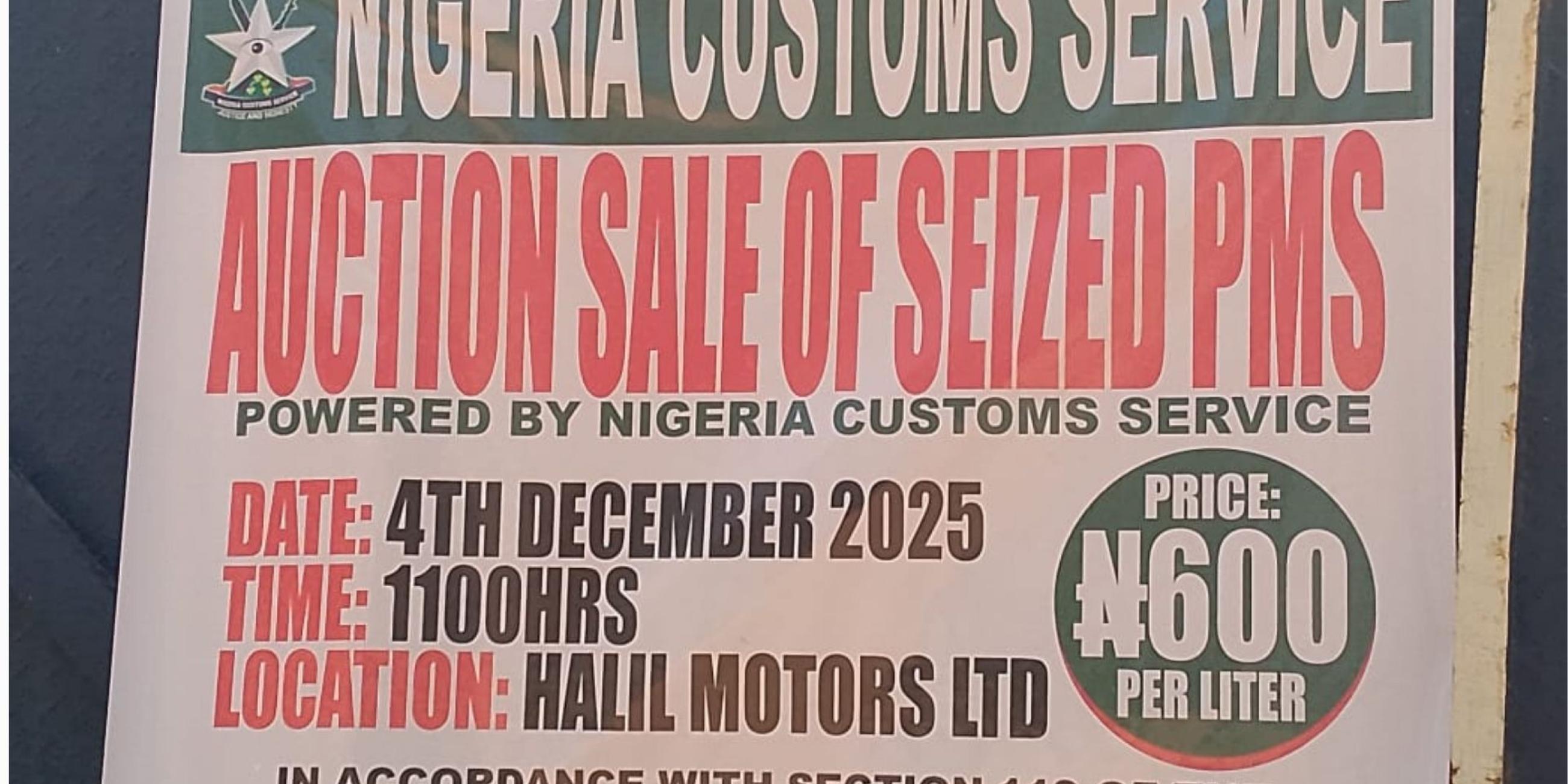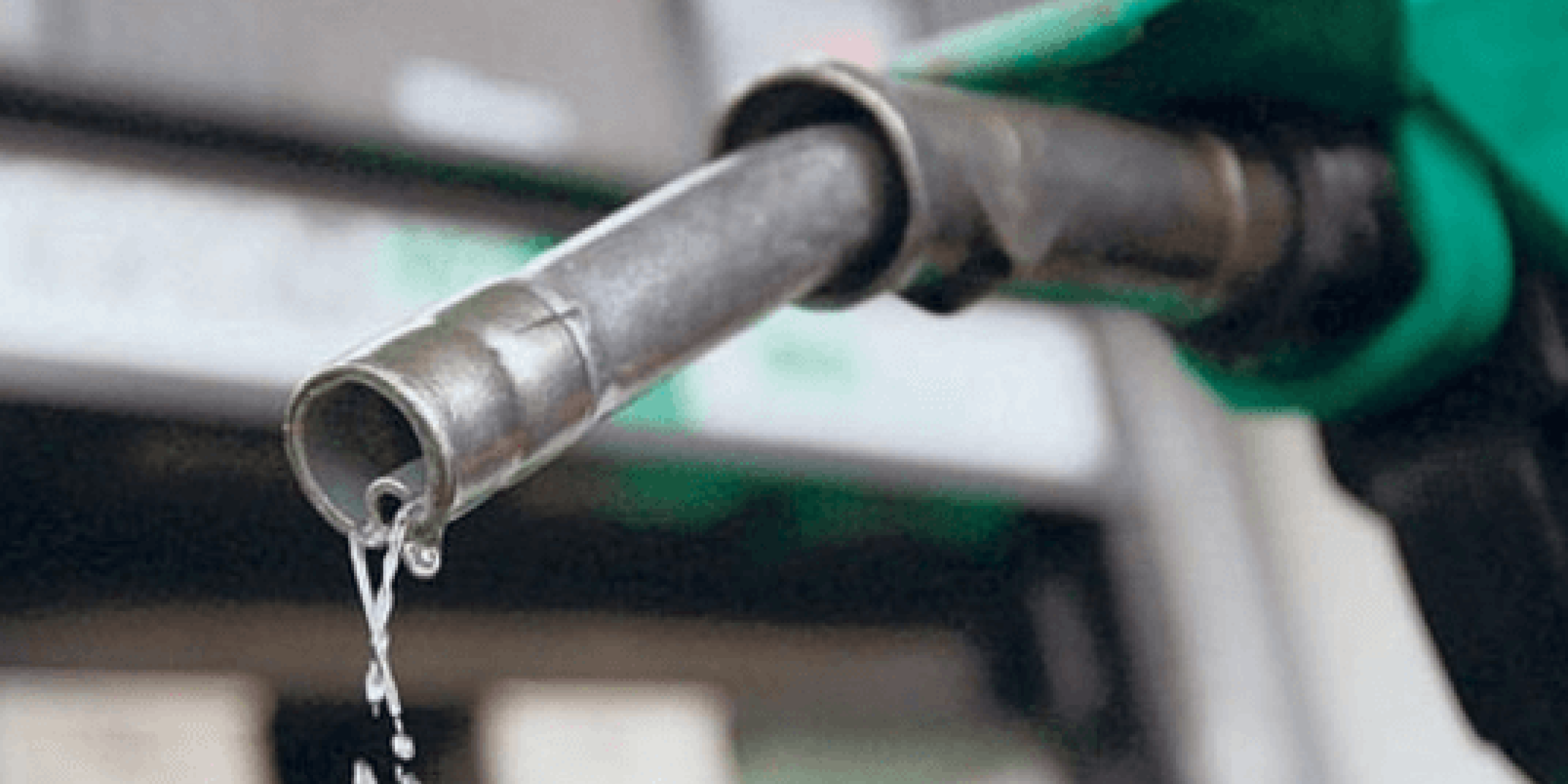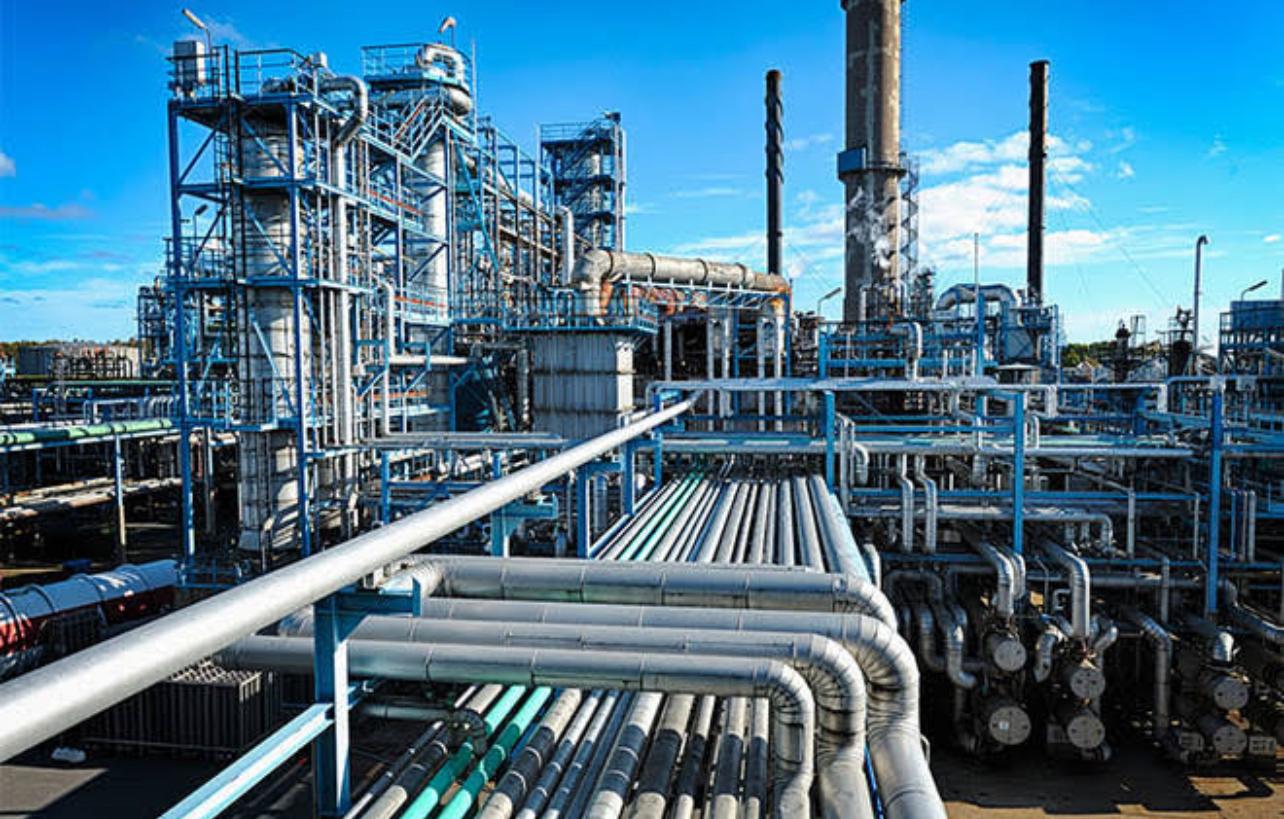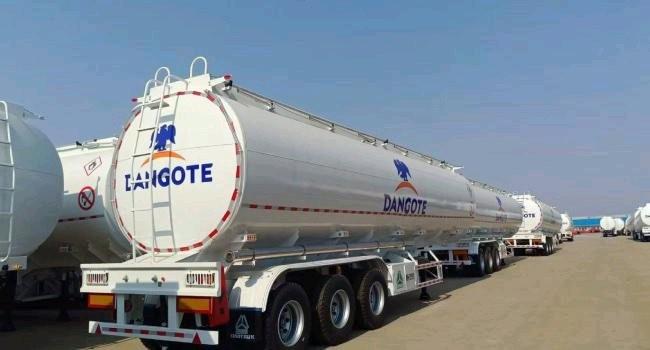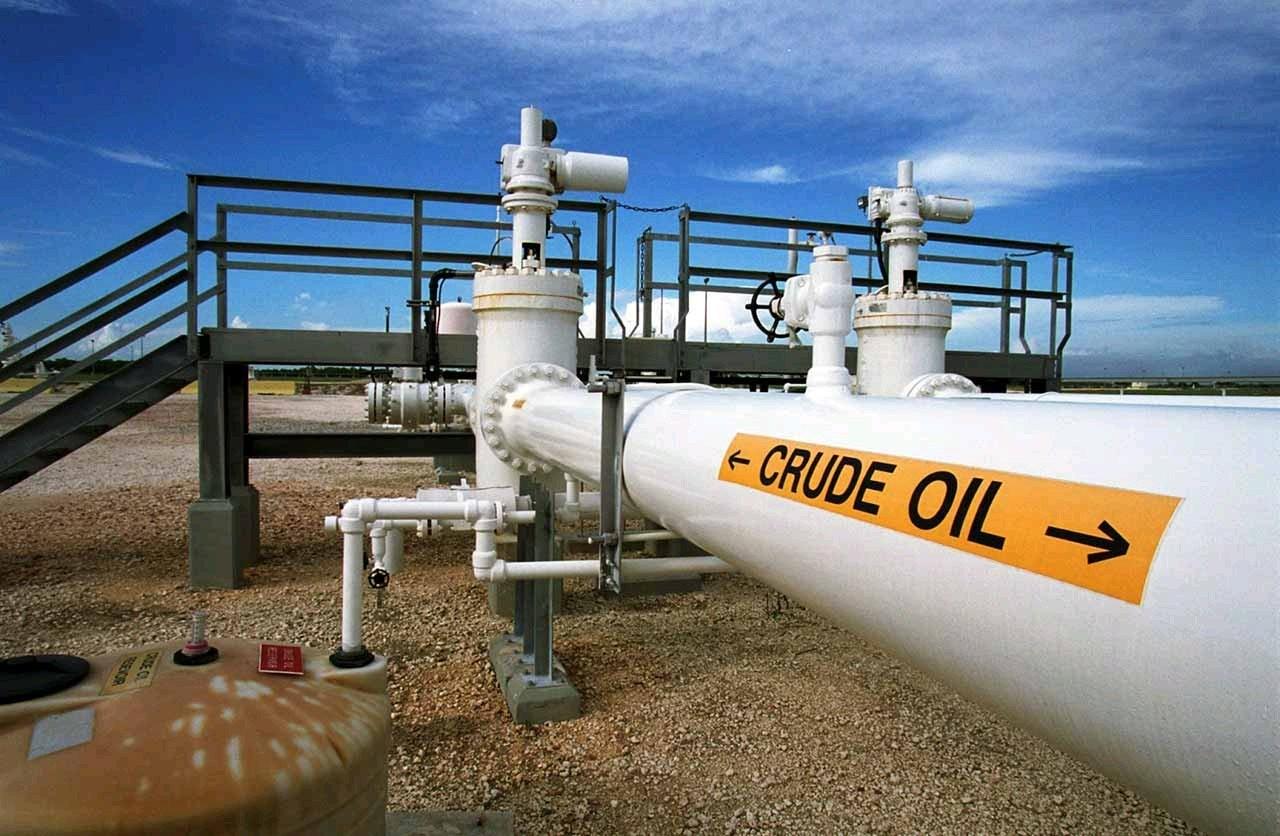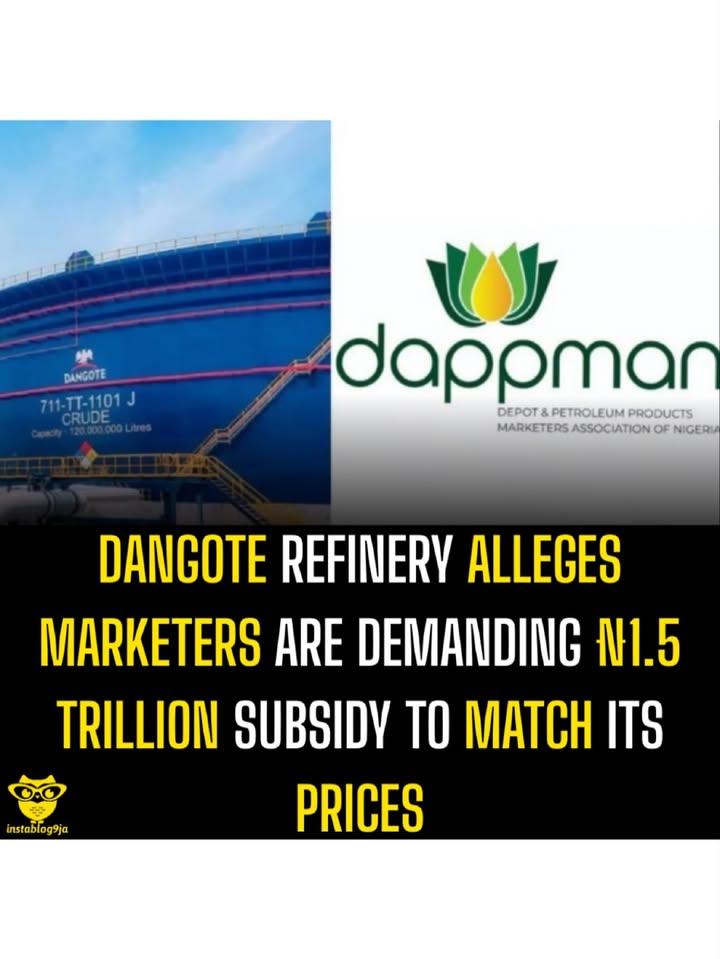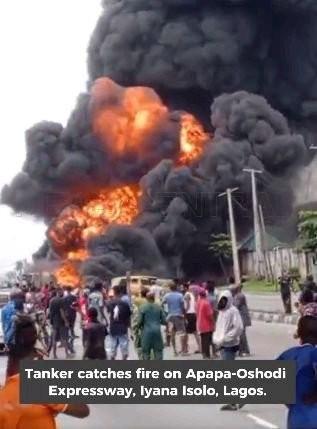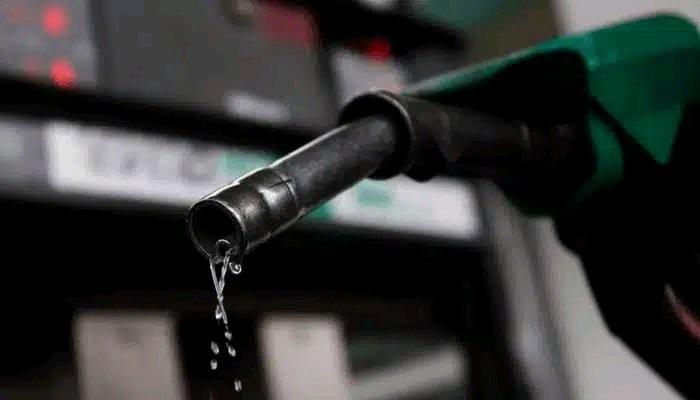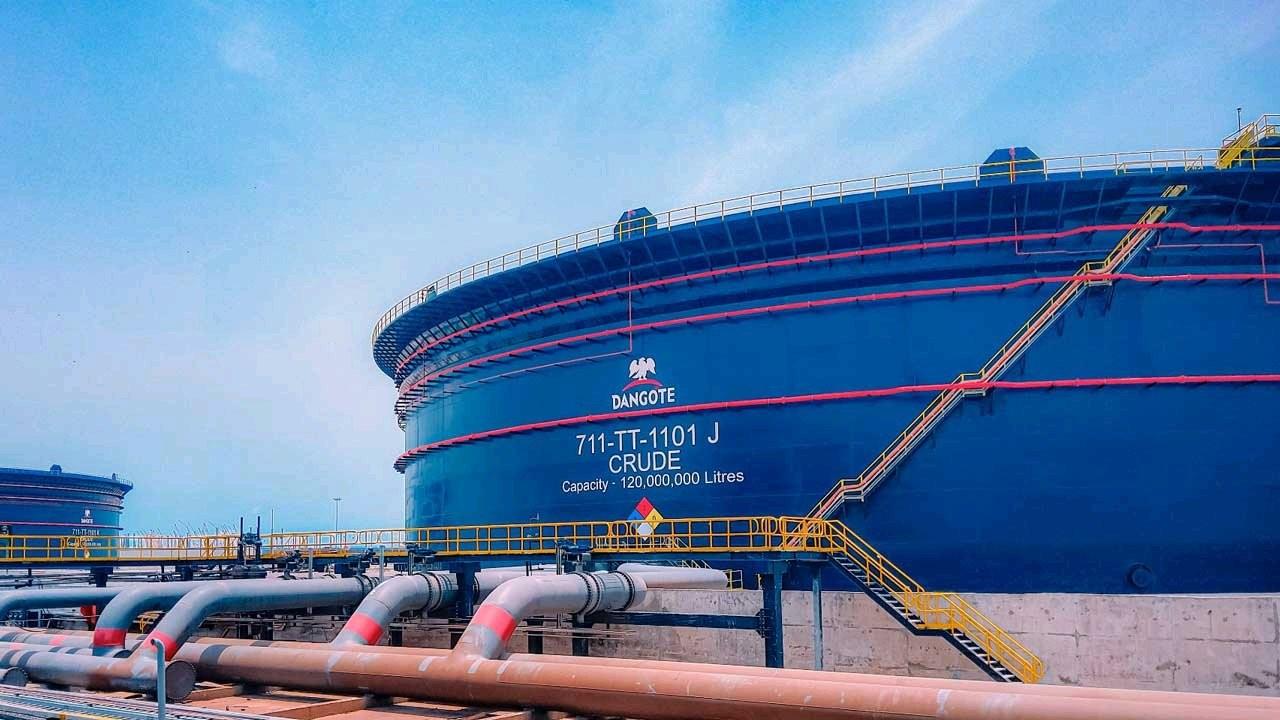Brent Crude trades near $67 as naira strengthens to N1,499/$ .
Petrol import cost hits N870/litre, diesel N999 as downstream market faces FX, crude volatility
Nigeria’s fuel import costs are climbing again as Brent crude trades near $67.44 per barrel and the naira firmed to N1,499/$, according to the latest Energy bulletin of the Major Energies Marketers Association of Nigeria (MEMAN) Competency Centre.
The report showed that despite the local currency’s modest appreciation, the Import Parity Price (IPP) of Premium Motor Spirit (PMS) rose to N870.06/litre at the NPSC/ASPAM Jetty in Apapa, above its 30-day average of N848.77/litre. Automotive Gas Oil (AGO or diesel) climbed to N999.80/litre, compared to an average of N969.09/litre, while Aviation Turbine Kerosene (ATK) increased to N980.75/litre against N905.40/litre.
According to MEMAN, the international petroleum market is being shaped by shifting supply and demand dynamics.
“U.S. crude inventories fell sharply by about 9.3 million barrels to roughly 415.4 million barrels, as net imports hit a record low due to a surge in exports.”
Gasoline stocks also declined by around 2.3 million barrels, tightening supply, while distillate inventories rose by about 4 million barrels, highlighting weaker demand in that segment,” the bulletin noted.
Alongside Brent, WTI crude traded at $63.24 per barrel, while Nigeria’s Bonny Light closed at $68.56. MEMAN added that prices eased slightly as markets weighed the U.S. inventory drawdown against the Federal Reserve’s 25-basis-point rate cut. “Geopolitical risks persist, particularly from Ukrainian drone attacks on Russian oil infrastructure, while OPEC+ confirms plans to raise output by 137,000 barrels per day starting in October as it continues to unwind earlier production cuts,” it said.
On the domestic front, the association highlighted that the naira recorded steady appreciation in the Nigerian Foreign Exchange Market (NFEM) during the first half of September. It highlighted that the naira appreciated from N1,526/$ at the start of September to N1,498.98/$ by September 18, representing a gain of 1.8 per cent. The currency peaked at N1,484.14/$ on September 16 before settling slightly weaker. The association cautioned that “given that import parity costs remain inherently sensitive to these dynamics, they are expected to experience multiple intra-day fluctuations.”
The bulletin also listed Dangote Petroleum Refinery’s latest ex-depot prices: AGO at $717.50/MT (N960.00/litre), ATK at $766.25/MT (N995.48/litre), while PMS was left “on hold.” Liquefied Petroleum Gas (LPG) was posted at N715,000/MT.
Brent Crude trades near $67 as naira strengthens to N1,499/$ .
Petrol import cost hits N870/litre, diesel N999 as downstream market faces FX, crude volatility
Nigeria’s fuel import costs are climbing again as Brent crude trades near $67.44 per barrel and the naira firmed to N1,499/$, according to the latest Energy bulletin of the Major Energies Marketers Association of Nigeria (MEMAN) Competency Centre.
The report showed that despite the local currency’s modest appreciation, the Import Parity Price (IPP) of Premium Motor Spirit (PMS) rose to N870.06/litre at the NPSC/ASPAM Jetty in Apapa, above its 30-day average of N848.77/litre. Automotive Gas Oil (AGO or diesel) climbed to N999.80/litre, compared to an average of N969.09/litre, while Aviation Turbine Kerosene (ATK) increased to N980.75/litre against N905.40/litre.
According to MEMAN, the international petroleum market is being shaped by shifting supply and demand dynamics.
“U.S. crude inventories fell sharply by about 9.3 million barrels to roughly 415.4 million barrels, as net imports hit a record low due to a surge in exports.”
Gasoline stocks also declined by around 2.3 million barrels, tightening supply, while distillate inventories rose by about 4 million barrels, highlighting weaker demand in that segment,” the bulletin noted.
Alongside Brent, WTI crude traded at $63.24 per barrel, while Nigeria’s Bonny Light closed at $68.56. MEMAN added that prices eased slightly as markets weighed the U.S. inventory drawdown against the Federal Reserve’s 25-basis-point rate cut. “Geopolitical risks persist, particularly from Ukrainian drone attacks on Russian oil infrastructure, while OPEC+ confirms plans to raise output by 137,000 barrels per day starting in October as it continues to unwind earlier production cuts,” it said.
On the domestic front, the association highlighted that the naira recorded steady appreciation in the Nigerian Foreign Exchange Market (NFEM) during the first half of September. It highlighted that the naira appreciated from N1,526/$ at the start of September to N1,498.98/$ by September 18, representing a gain of 1.8 per cent. The currency peaked at N1,484.14/$ on September 16 before settling slightly weaker. The association cautioned that “given that import parity costs remain inherently sensitive to these dynamics, they are expected to experience multiple intra-day fluctuations.”
The bulletin also listed Dangote Petroleum Refinery’s latest ex-depot prices: AGO at $717.50/MT (N960.00/litre), ATK at $766.25/MT (N995.48/litre), while PMS was left “on hold.” Liquefied Petroleum Gas (LPG) was posted at N715,000/MT.



